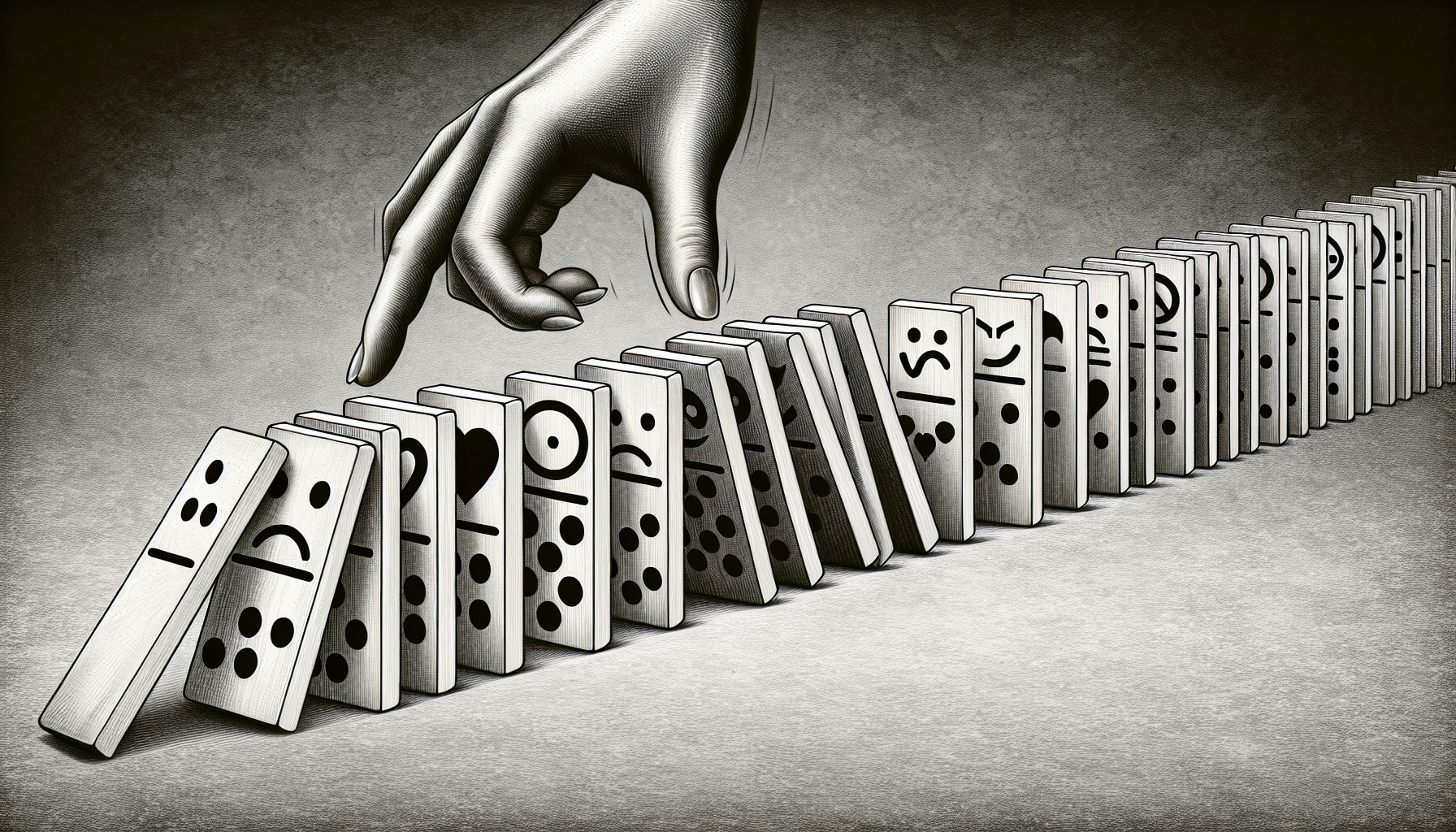The Rise of E-sports in the Olympic Conversation

E-sports, or competitive video gaming, has evolved into a multi-billion-dollar industry, attracting professional players, hosting grand tournaments, and amassing massive audiences. Events such as The International (Dota 2), League of Legends World Championship, and the Fortnite World Cup have drawn millions of viewers, rivaling traditional sports in both viewership and fan engagement. The cultural shift towards e-sports highlights an increasing acceptance of gaming as a legitimate form of competition, particularly among younger generations who view e-sports as an extension of their interests and social interactions. Moreover, e-sports have fostered diverse communities that transcend geographical boundaries, enabling players and fans to connect over shared experiences. As digital natives increasingly value online interactions, the inclusion of e-sports in the Olympics could resonate with a new demographic, rejuvenating interest in the Games among younger viewers. The potential for e-sports to engage an audience that is often overlooked by traditional sports cannot be underestimated, signaling a transformative potential for the Olympic brand.
Arguments for Inclusion in the Olympics
Proponents of e-sports' inclusion in the Olympics argue that these competitions embody the spirit of athleticism and competition. Much like traditional sports, e-sports demand intense training, strategic thinking, and exceptional skill. Professional gamers invest countless hours into mastering their craft, often facing rigorous competition on international stages. Advocates assert that e-sports athletes possess qualities akin to traditional athletes, including discipline, teamwork, and quick reflexes. Furthermore, the Olympic Games have a history of evolving to include new and emerging sports. The inclusion of sports such as skateboarding, surfing, and climbing in recent editions of the Olympics indicates a willingness to adapt to contemporary interests. E-sports could be perceived as a natural progression in this evolution, reflecting societal changes and the growing relevance of digital culture. By embracing e-sports, the Olympics could position themselves as forward-thinking and inclusive, appealing to a broader audience.
Arguments Against Inclusion in the Olympics
Conversely, critics of e-sports' inclusion in the Olympics express concerns about the definition of "sport" itself. Traditionalists argue that e-sports lack the physicality and athleticism typically associated with Olympic events. They contend that the Olympics should remain a celebration of physical sports that emphasize the importance of physical fitness and health. Moreover, apprehensions surrounding addiction, unhealthy lifestyles, and the mental health implications of gaming have also fueled skepticism. Opponents worry that including e-sports in the Olympics could send a mixed message about the importance of physical activity and well-being, particularly among impressionable youth. They argue that the Olympics should serve as a platform for promoting healthy lifestyles and physical fitness, rather than endorsing activities that might encourage sedentary behavior.
The Future of the Olympics and E-sports
As discussions about e-sports in the Olympics continue, the International Olympic Committee (IOC) must carefully weigh the implications of such a decision. Engaging with stakeholders from the gaming community, traditional sports organizations, and health experts will be essential in navigating this complex landscape. One potential approach could involve creating a distinct category or event dedicated to e-sports, allowing for a unique celebration of competitive gaming without compromising the integrity of traditional Olympic sports. This could pave the way for collaboration between the gaming industry and the Olympic movement, creating a platform that bridges the gap between the two worlds. Such an initiative could foster innovation while respecting the foundational principles of the Olympic Games.
The rise of e-sports presents both challenges and opportunities for the Olympic Games as they strive to remain relevant in an ever-evolving cultural landscape. By engaging in the conversation surrounding e-sports, the IOC has the chance to connect with a new generation of fans and participants, highlighting the evolving nature of competition and athleticism. While the debate over inclusion will likely continue, the intersection of e-sports and the Olympics signifies a fascinating evolution in how we define sport and celebrate human achievement, both in traditional arenas and the increasingly popular virtual landscapes. As the Olympics look to the future, embracing the phenomenon of e-sports could be a pivotal move in ensuring the Games remain a symbol of excellence and relevance in a rapidly changing world.
E-sports Event Coordinator
Riot Games, Blizzard Entertainment, ESL, DreamHack
Core Responsibilities
Plan and execute e-sports tournaments, including logistics, scheduling, and venue selection.
Collaborate with sponsors and partners to secure funding and promotional support for events.
Manage on-site operations during events, ensuring a seamless experience for participants and attendees.
Required Skills
Strong project management and organizational skills with a focus on detail.
Excellent communication abilities to liaise with various stakeholders, including gamers, sponsors, and venue staff.
Familiarity with the e-sports industry and its community trends.
E-sports Marketing Specialist
Marketing agencies specializing in gaming, e-sports organizations
Core Responsibilities
Develop and implement marketing strategies to promote e-sports events and teams.
Create engaging content for social media platforms, websites, and promotional materials to attract viewers and participants.
Analyze market trends and audience demographics to refine marketing strategies and enhance engagement.
Required Skills
Proficiency in digital marketing tools and social media platforms.
Strong analytical skills to assess campaign performance and return on investment.
Passion for gaming and e-sports, with an understanding of the target audience's interests.
E-sports Community Manager
E-sports teams, Twitch
Core Responsibilities
Foster and maintain relationships with players, fans, and the wider gaming community through social media and community events.
Monitor community feedback and interactions to enhance player experience and address concerns.
Organize community engagement initiatives, including tournaments and fan meet-ups.
Required Skills
Strong interpersonal and communication skills, with a knack for relationship building.
Experience in community management or customer service, preferably within the gaming industry.
Ability to handle conflict resolution and promote a positive community culture.
E-sports Analyst
Professional e-sports teams, analytics firms, media outlets
Core Responsibilities
Conduct research and analyze competitive gaming data to provide insights on player performance and team strategies.
Prepare reports and presentations for stakeholders, including teams, sponsors, and media outlets.
Stay updated on game meta, patches, and trends to inform analysis and predictions.
Required Skills
Strong analytical skills with experience in data analysis tools and visualization software.
In-depth knowledge of specific games and their competitive scenes.
Excellent communication skills for presenting complex data in an understandable format.
Game Developer specializing in E-sports
Epic Games, Valve Corporation
Core Responsibilities
Design and develop game mechanics that enhance competitive play, focusing on balance and player experience.
Collaborate with artists and designers to create engaging and visually appealing content for e-sports titles.
Participate in testing and iteration processes to refine gameplay based on player feedback.
Required Skills
Proficiency in programming languages such as C++ or C#, as well as experience with game engines like Unity or Unreal Engine.
Understanding of game design principles and e-sports dynamics.
Experience in collaborating within a multidisciplinary team environment.


